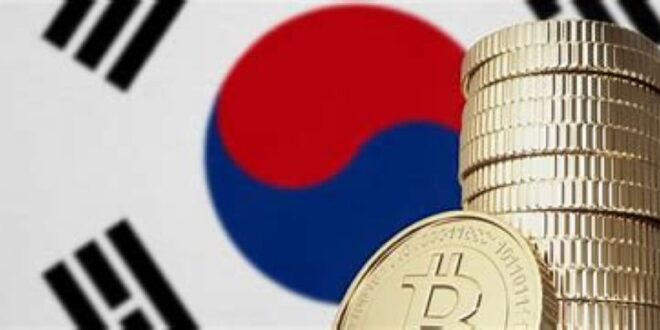South Korea’s presidential race is heating up, and for the first time, cryptocurrency has taken center stage in campaign promises. A leading contender for the nation’s top office has pledged to cut crypto transaction fees, signaling a bold attempt to win over the country’s growing base of digital asset enthusiasts.
The candidate, widely seen as a frontrunner in recent polls, framed the initiative as a pro-growth, pro-innovation policy move aimed at strengthening South Korea’s position as a global blockchain hub. If elected, the candidate promises to lower fees on cryptocurrency trades and blockchain-based financial transactions, making it easier and cheaper for citizens and institutions to participate in the digital economy.
Winning the Crypto Vote
South Korea has one of the world’s most active crypto trading populations, particularly among younger voters. With more than 6 million Koreans owning digital assets, crypto has emerged as a potent political issue—especially in a country where high youth unemployment and housing costs have fueled interest in alternative investments.
The candidate’s platform suggests that unnecessary transaction fees are stifling innovation and discouraging digital participation. “South Korea must not fall behind in the Web3 economy,” the campaign said in a statement. “Reducing friction in crypto transactions is essential for democratizing financial opportunity.”
A New Era of Political Crypto Strategy
This isn’t the first time cryptocurrency has entered Korean politics, but it’s the most direct and actionable policy proposal to date. While previous candidates have touched on blockchain technology, this pledge marks a shift toward concrete financial reform.
Policy advisors close to the campaign indicated that the candidate is exploring partnerships with domestic and international exchanges to streamline fee structures, potentially through regulatory clarity or government incentives. Tax incentives for crypto startups and digital asset custodians are also reportedly on the table.
Industry Reaction: Optimism With Caution
The response from the South Korean crypto community has been cautiously optimistic. Traders and blockchain entrepreneurs welcomed the move, though some experts urged a deeper look into how such fee cuts would be implemented without compromising regulatory oversight or financial stability.
“Lowering fees is great, but it needs to come with smarter regulation and strong infrastructure,” said a Seoul-based crypto analyst. “Otherwise, it’s just populism without a plan.”
South Korea’s Global Crypto Standing
With neighboring nations like Japan and Singapore advancing regulatory frameworks and fostering blockchain innovation, South Korea’s next administration will play a pivotal role in shaping the country’s digital competitiveness. A crypto-friendly presidency could attract more global exchanges, blockchain startups, and Web3 developers to Korean markets.
As voters head to the polls, crypto advocates will be watching closely to see whether campaign promises turn into real policy—or remain digital pipe dreams.
 Business Sandesh Indian Newspaper | Articles | Opinion Pieces | Research Studies | Findings & News | Sandesh News
Business Sandesh Indian Newspaper | Articles | Opinion Pieces | Research Studies | Findings & News | Sandesh News



